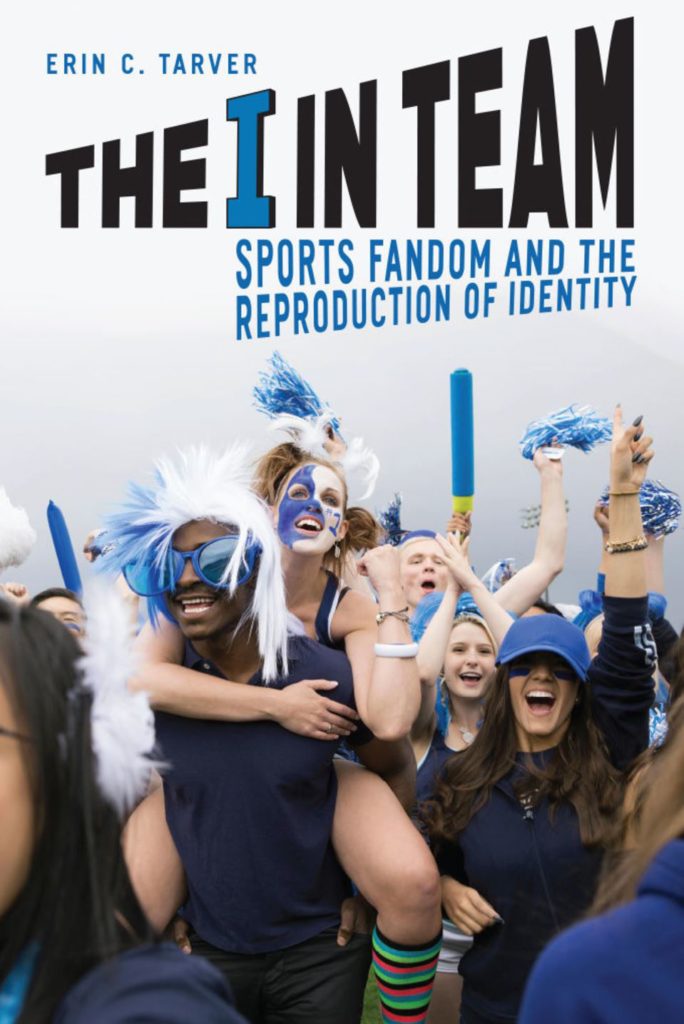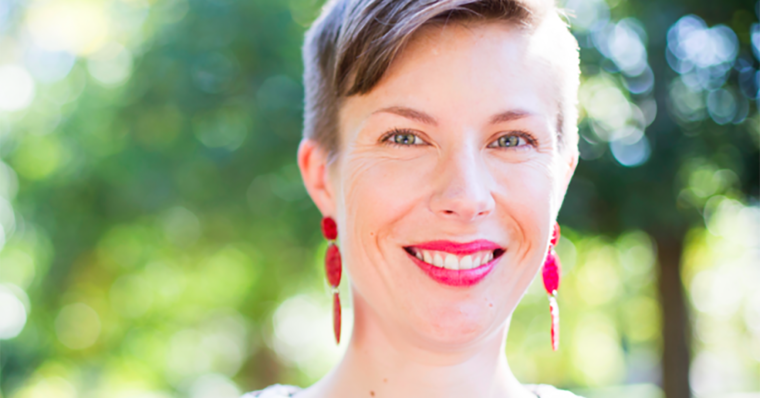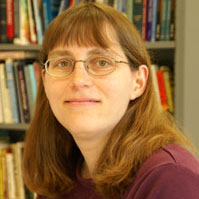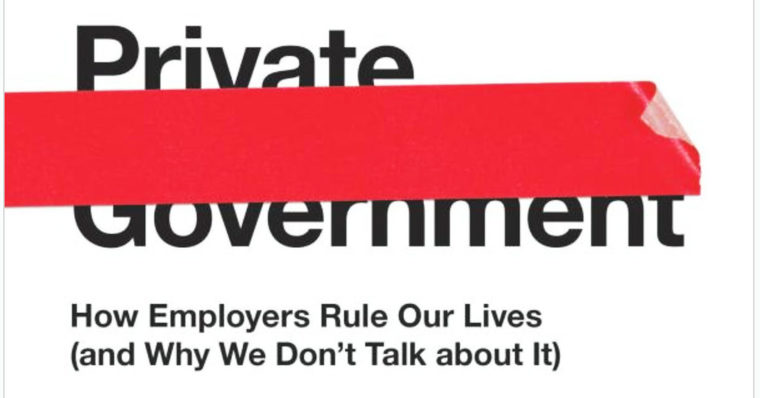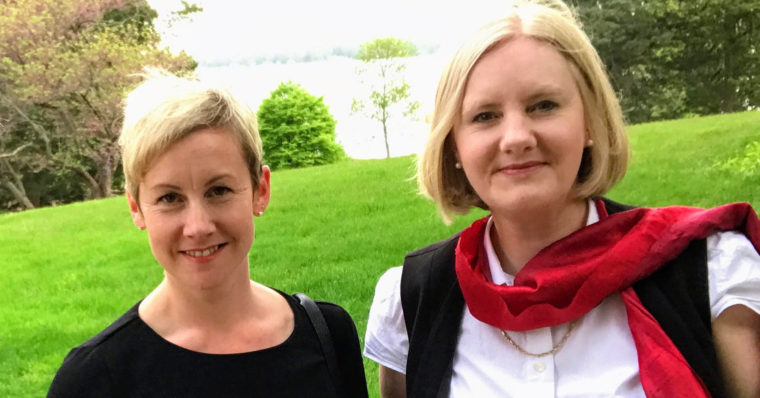This thirty-third episode of the Philosophy Bakes Bread radio show and podcast features an interview with Dr. John Corvino of Wayne State University, talking with co-hosts Eric Weber and Anthony Cashio about religious liberty and discrimination, the topics of his most recent book, as well as the HERO award he received for 25 years of advocacy on LGBTQ+ issues.
John was celebrated in 2017, receiving the “Community Hero Award” from the Board of Directors at Affirmations, Metro Detroit’s LGBTQ+ Community Center. The award recognizes “inspirational leadership, advancing acceptance, equality, and inclusion.” It was presented to recognize John’s 25 years of advocacy since the debut of his “What’s Morally Wrong with Homosexuality?” lecture in April of 1992. John’s most recent book is titled Debating Religious Liberty and Discrimination. Before that, he authored of Debating Same-Sex Marriage, released in 2012, and What’s Wrong with Homosexuality? published in 2013. In addition to his public lectures that have been recorded and posted as videos online, John has produced a series of enormously fun videos analyzing arguments and dispelling myths about topics concerning marriage, religion, sex, homosexuality, the Bible, and the source of morality.
Listen for our “You Tell Me!” questions and for some jokes in one of our concluding segments, called “Philosophunnies.” Reach out to us on Facebook @PhilosophyBakesBread and on Twitter @PhilosophyBB; email us at philosophybakesbread@gmail.com; or call and record a voicemail that we play on the show, at 859.257.1849. Philosophy Bakes Bread is a production of the Society of Philosophers in America (SOPHIA). Check us out online at PhilosophyBakesBread.com and check out SOPHIA at PhilosophersInAmerica.com.
(1 hr 3 mins)
Click here for a list of all the episodes of Philosophy Bakes Bread.
Subscribe to the podcast!
We’re on iTunes and Google Play, and we’ve got a regular RSS feed too!
Notes
John Corvino’s great YouTube videos.
- Plato, Euthyphro.
- Craig Claiborne, The New NY Times Cookbook (New York: William Morrow Cookbooks, 1990).
- John Cheves, “Appeals Court Says Hands on Originals Did Not Discriminate Against Gays,” The Lexington Herald-Leader, http://www.kentucky.com/news/politics-government/article150169482.html.
- Video compilation of John Corvino’s 25 years of leadership in the LGBTQ+ community: https://www.youtube.com/watch?v=eIMZKPnfX5U.
- Richard Mohr, Gays / Justice: A Study of Ethics, Society, and Law (New York: Columbia University Press, 1998).
You Tell Me!
For our future “You Tell Me!” segments, Dr. Corvino proposed the following question in this episode, for which we invite your feedback: “How would you resolve the conflicts in the following three cases?
- Masterpiece Cake Shop: A baker refused to make a cake for a same-sex wedding. This shop was judged guilty of sexual orientation discrimination.
- A person wanted a cake made with a Bible verse on it that quoted Leviticus 18:22, which says that “homosexuality is a detestable sin.” The baker said “I’ll make the Bible-shaped cake, but I’m not going to write the words on it.” The customer charged that baker with religious discrimination. The local Civil Rights Commission said that it wasn’t discrimination.
- A t-shirt shop refused to make a gay pride shirt.
How would you resolve these three cases in a way that is consistent, especially making your judgment consistent between the first two cases?”
Let us know! Twitter, Facebook, Email, or by commenting here below.


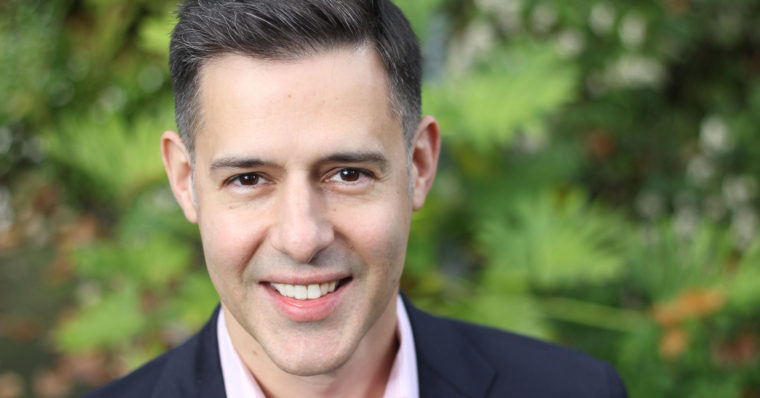



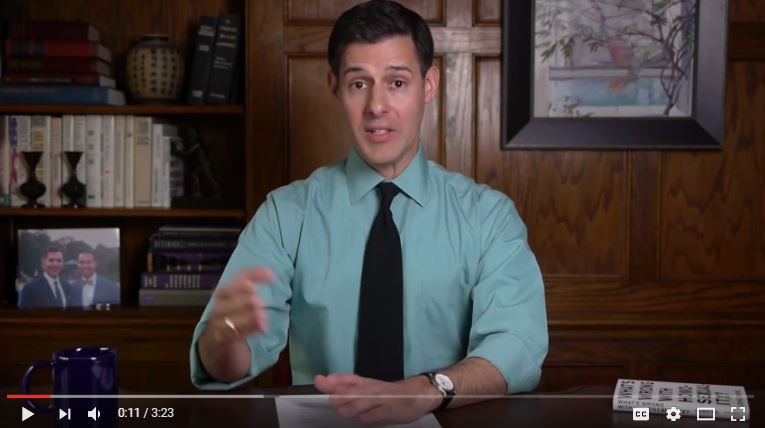
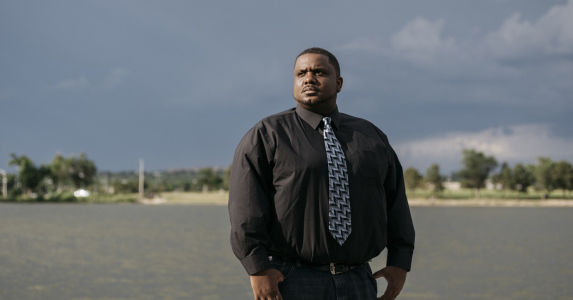
 Dr. Curry is the author of
Dr. Curry is the author of 